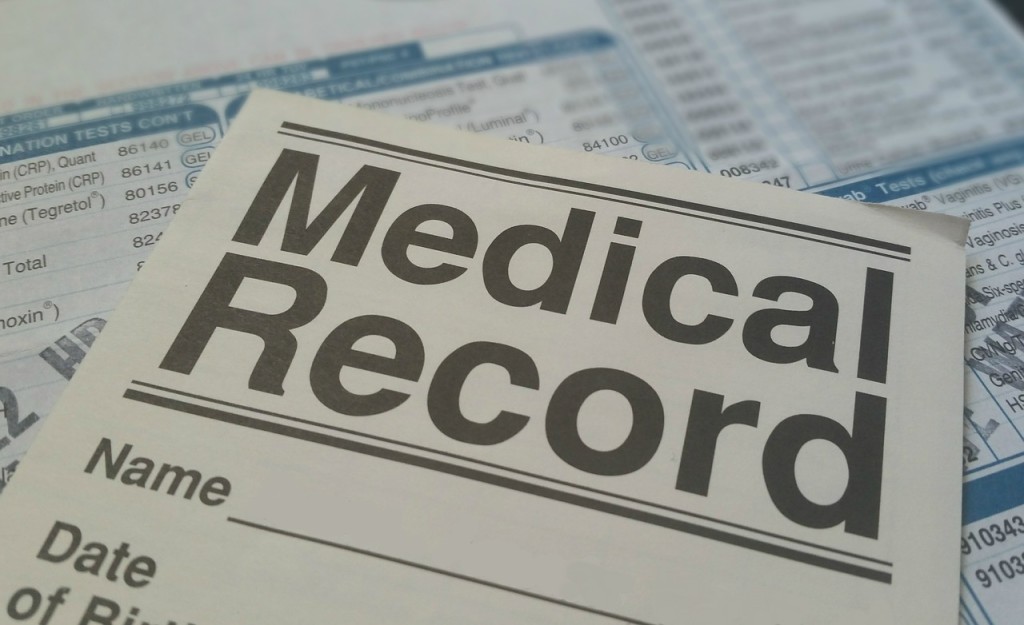2015-10-19
By: Denise Koslowsky

You pick up your mail one day and see a bill from an out of state hospital.
It is in your name and is charging you for medical procedures that you never had.
Confused, you call the hospital and they explain, you were in on a specific date and had surgery.
They request that you remit payment immediately.
How can this be?
You are a victim of medical identity theft.
What is Medical Identity Theft?
Medical Identity Theft is the fastest growing component of identity theft, claiming more than 1.8 million victims in 2013. It occurs when someone unlawfully obtains your medical information, medical insurance information, or social security number and uses this to obtain medical services for themselves. Medical identity theft is monetized on the black market for a much higher value than financial information, often selling for as much as five times more. This is due to the fact that medical identity theft is not monitored as well as financial data and can be used over a longer period of time.
This type of identity theft can be more dangerous than other types of identity theft. How? Just imagine, someone steals your medical identity and goes in for surgery, but their blood type is different than yours or they acquire medication that you are allergic to. Not long after, you find yourself in need of emergency medical care. The medical staff caring for you looks up your medical records and gives you the wrong type of blood as a result. Or they administer medication that you are allergic to, after reading your file. Either way, it could seriously put your health at risk.
Medical identity theft can be much harder to set straight than other types of identity theft. Plus, it can be much more costly. 36% of victims have to pay the fraudulent medical bills, averaging about $19,000. Additionally, it can be more difficult for you to obtain copies of your own medical information if someone else’s fraudulent medical history is comingled with your files.
How to Detect Medical Identity Theft
Medical identity theft is much harder to detect than financial identity theft. Make sure to read your medical and insurance statements regularly, they can often show warning signs of theft. Read the Explanation of Benefits (EOB) statement or Medicare Summary notice that your health plan sends you after treatment. If you see that the date of service, service provided, or name of provider don’t match up to medical treatment you have received, contact your health plan and report the problem immediately. Other signs of medical identity theft include:
How to Keep your Medical Identity Safe
Here are a few tips on how to keep your medical identity safe:
This month we will be speaking about your identity and protecting it from all types of threats. It is always our goal to provide our clients with information that provides value and we hope that making you aware of medical identity theft and its possible consequences did just that. If you should have any further questions, we welcome you to leave them in the comment section below or give us a call to discuss them.